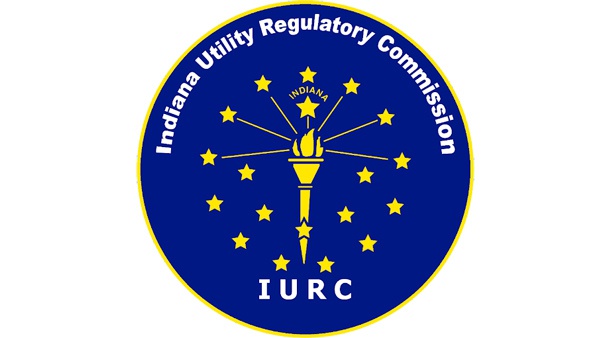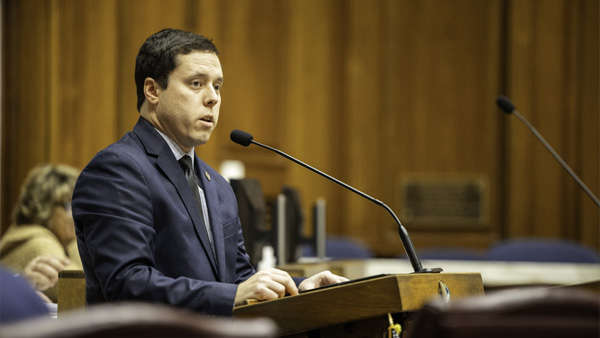The disconnection moratorium ends August 14.

File Photo
(Indianapolis, Ind.) – The Indiana Utility Regulatory Commission (IURC) issued an Order today in Phase 1 of its investigation (Cause No. 45380) into the impact of the novel coronavirus (COVID-19) on ratepayers and utilities in the state. In the Order, the Commission requires all jurisdictional utilities to continue to offer extended payment arrangements for a minimum of six months to all customers for an additional 60 days, through Oct. 12, 2020.
The Order states, “…while utilities are not prohibited from offering (and are instead encouraged to offer) payment plans that provide for payment periods of greater than six months, all payment plan offers must not unjustly discriminate between customers and address all arrearages, whether from the winter moratorium or public health emergency, in a single payment plan.”
Additionally, the Commission continued to suspend the collection of certain utility fees by jurisdictional utilities (late fees, deposits, and disconnection/reconnection fees) for an additional 60 days, until Oct. 12, 2020, for residential customers. Utilities may resume charging convenience fees as set forth in the rates and charges established in their Commission-approved tariffs. The Commission continues to expect and encourages customers and utilities to communicate as soon as possible to set up payment arrangements as necessary so utility service can be maintained.
Today’s Order states, “Under any circumstance, especially during this extraordinary period of time, we find it is in the best interests of both the utility and its customers that payment arrangements are entered into for the continued provision of safe and reliable utility service. However, given the significant number of customers that have not yet entered into payment arrangements despite the increased communication about payment plans from their utilities, we are concerned that residential customers, in particular, may not enter into a payment plan until they face actual disconnection. And, following disconnection, the requirement to pay reconnection fees or deposits to restore service will only increase the customer’s outstanding arrearage, which could already be substantial. For these reasons, we decline to extend beyond August 14 the prohibition on utility service disconnections.”
As with the Commission’s June Order, all jurisdictional utilities are authorized to record COVID-19 related impacts directly associated with any prohibition on utility disconnections, collection of certain utility fees, and the use of expanded payment arrangements, for possible future cost recovery.
Today’s Order states, “We find such action to be reasonable and necessary to protect residential customers, many of whom may have fallen significantly behind on their utility bills, from incurring additional costs that may prevent them from continuing to receive or obtaining essential utility services and assist the utilities in retaining paying customers that will contribute to funding the provision of such utility service.”
Lastly, the Commission commended the jurisdictional utilities’ proactive efforts to help their own customers maintain utility service while dealing with the uncertainty of the global pandemic. In its Order, the Commission emphasized the importance of utilities coordinating with customer assistance programs and services, such as Indiana 211 and other governmental and community organizations, and encouraged the utilities to collaborate with interested stakeholders to identify other customer assistance practices and measures that could be implemented by the utility.
The Commission also continues to encourage utilities not under its jurisdiction to consider implementing the practices provided in the Order, given the statewide impact of COVID-19. To review the Commission’s latest Order in Cause No. 45380, as well as all related documents in the case, please visit the Online Services Portal here and search by the Cause Number.

 Zimmerman's Bill to Hold Unlicensed Drivers Accountable Moves to Governor's Desk
Zimmerman's Bill to Hold Unlicensed Drivers Accountable Moves to Governor's Desk
 State Rep. Bascom's Bill to Strengthen Immigration Enforcement Moves to Governor
State Rep. Bascom's Bill to Strengthen Immigration Enforcement Moves to Governor
 Ky Attorney General Urges Congress to Protect Kentuckians' Access to Fair and Transparent Drug Pricing
Ky Attorney General Urges Congress to Protect Kentuckians' Access to Fair and Transparent Drug Pricing




